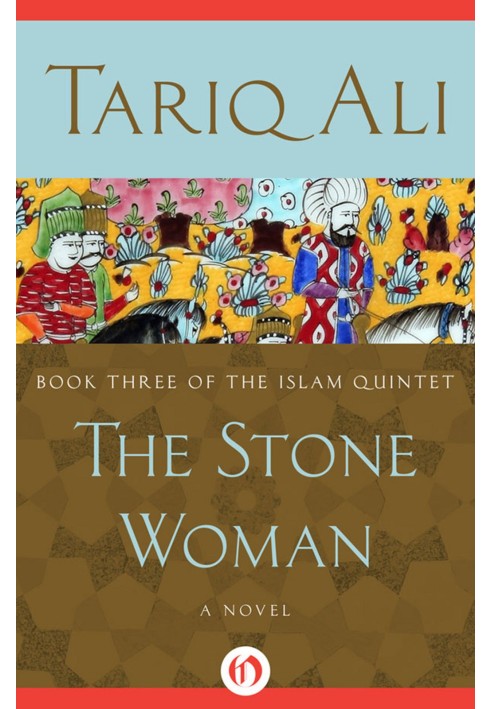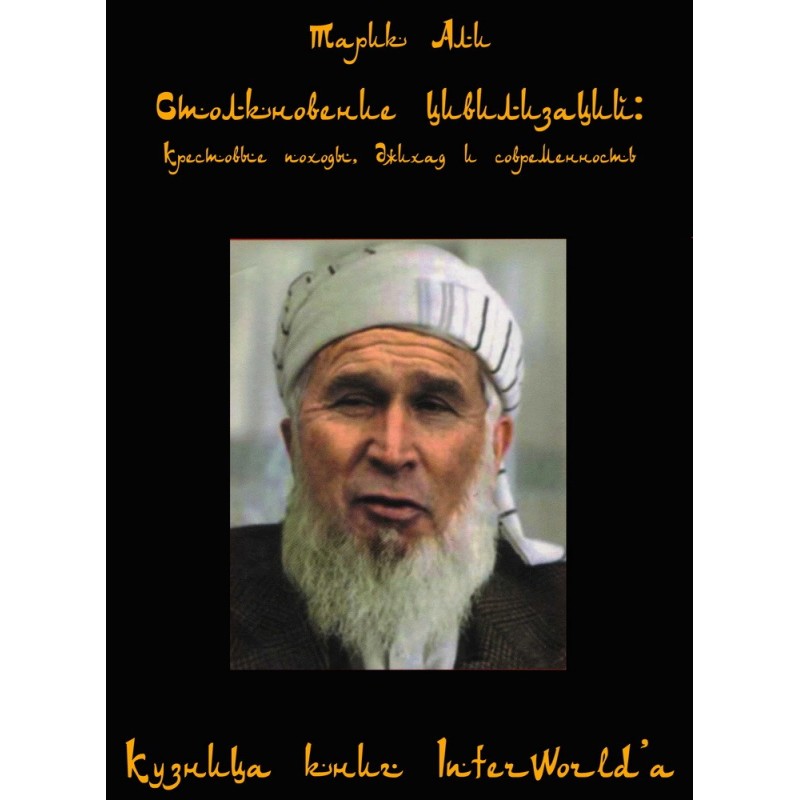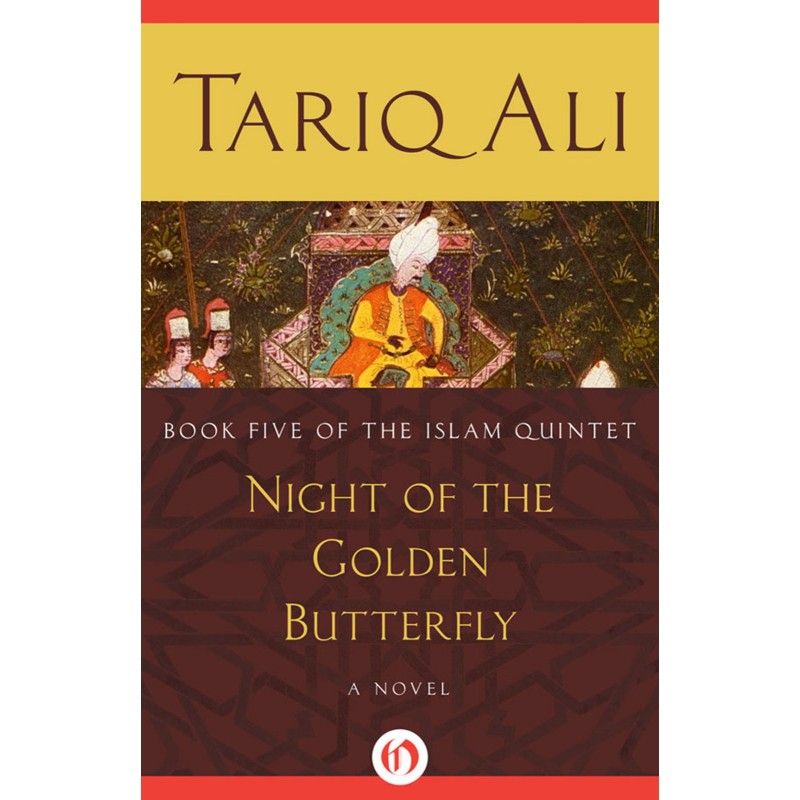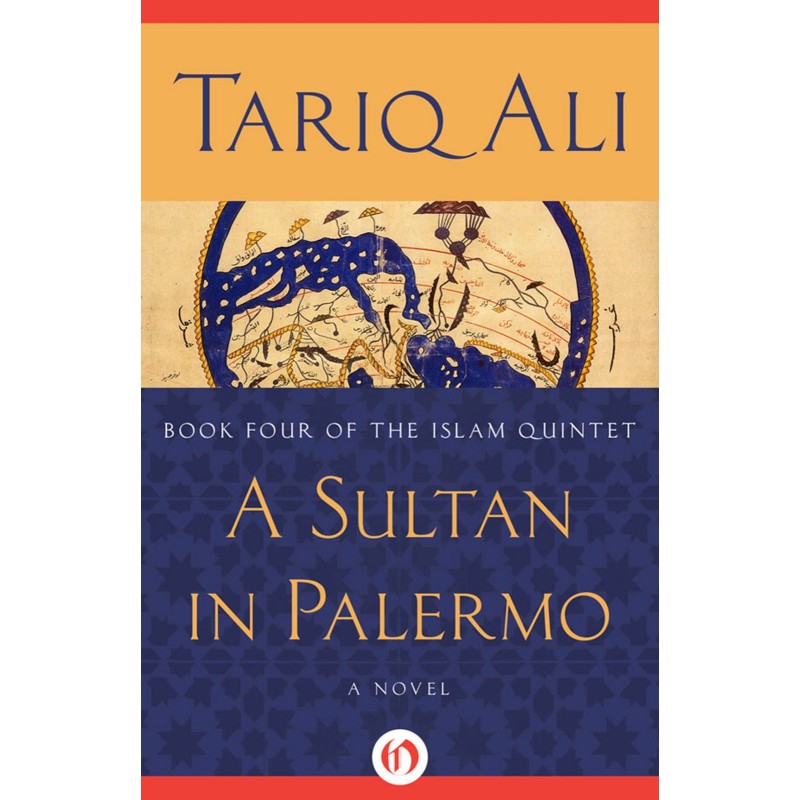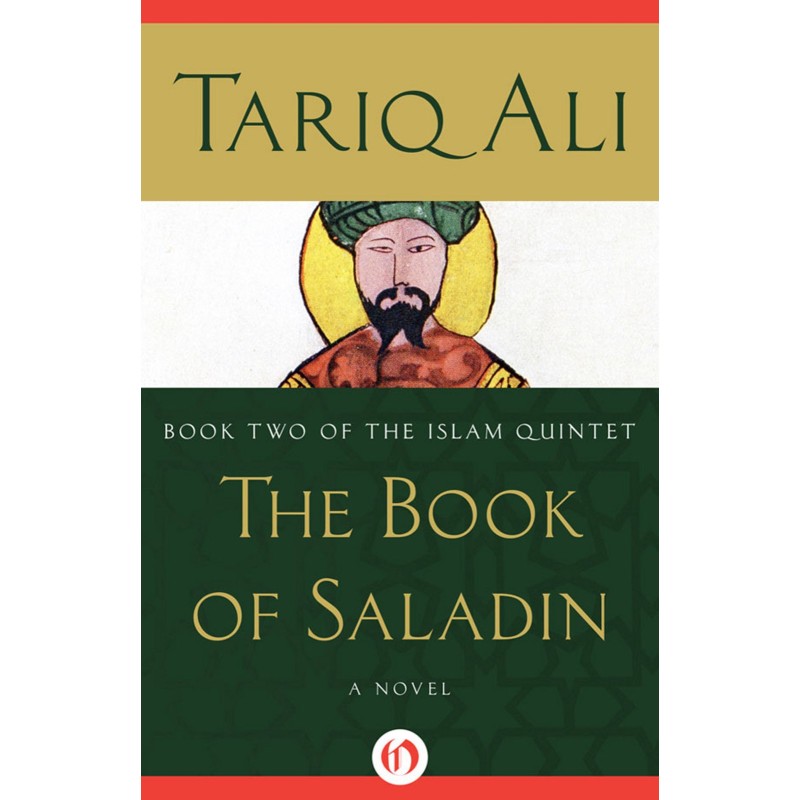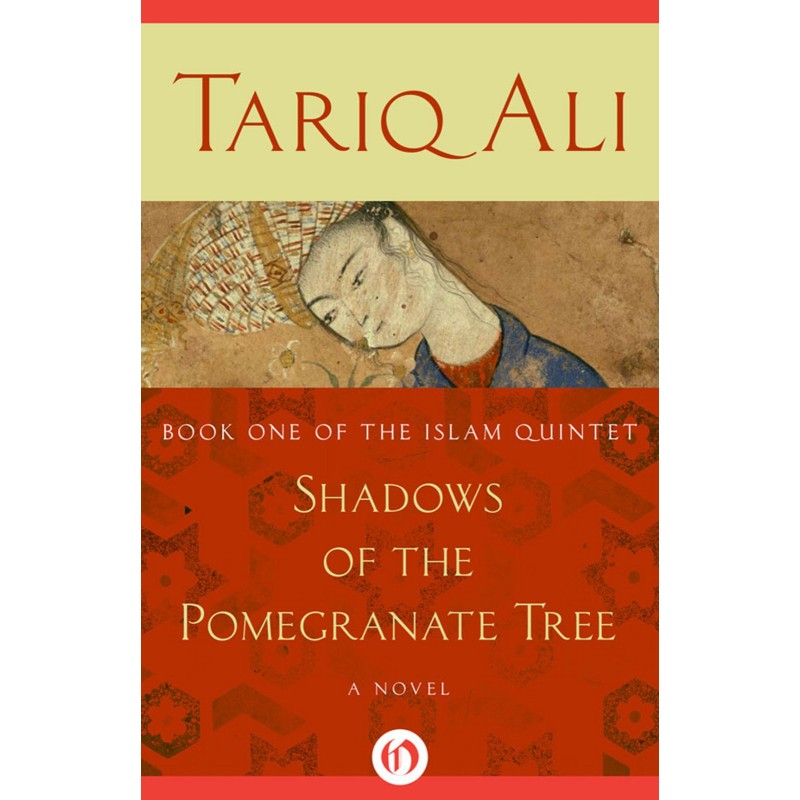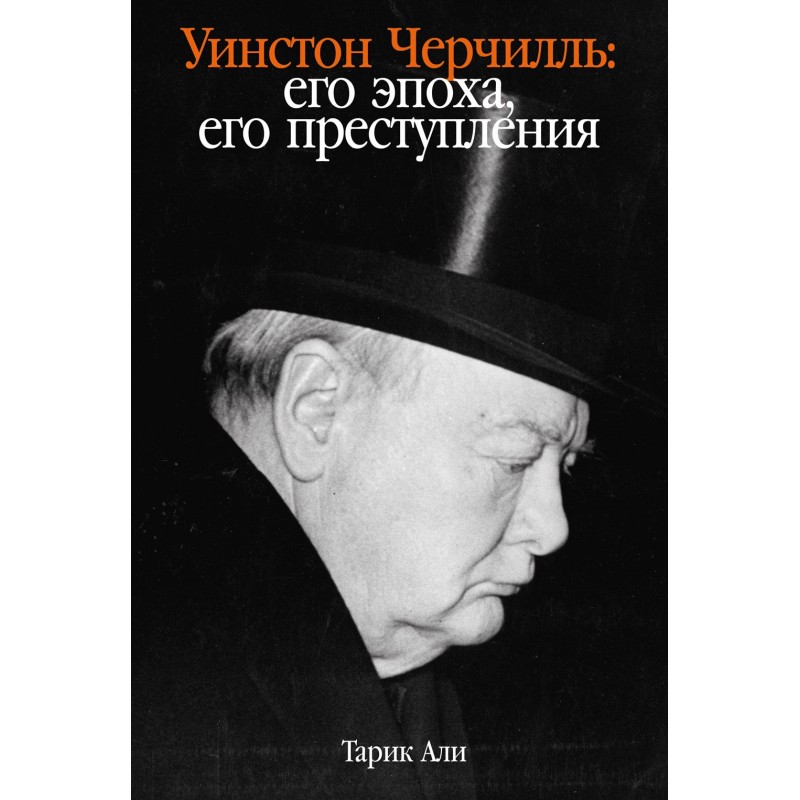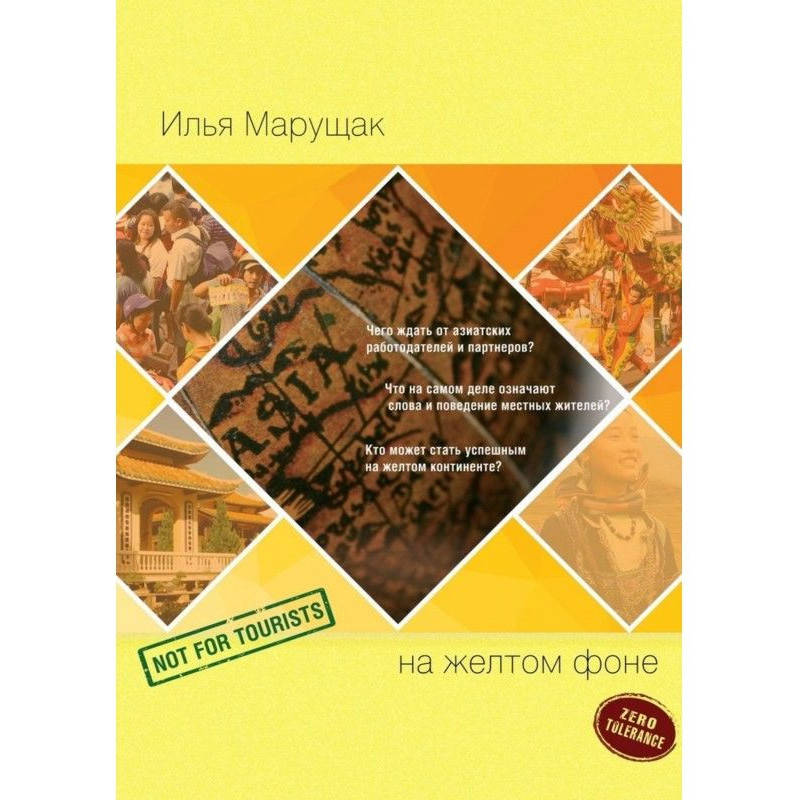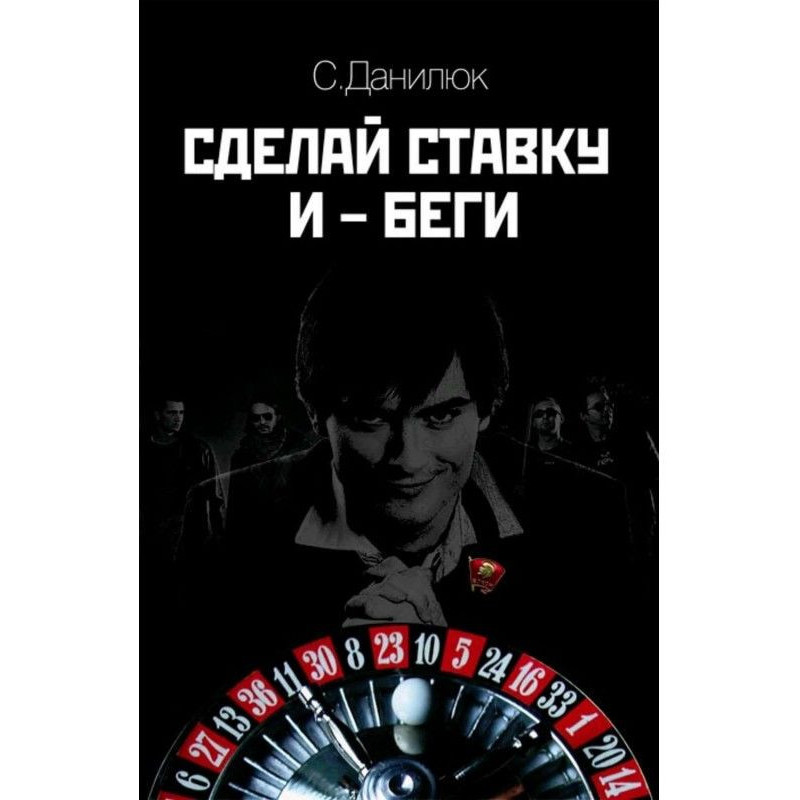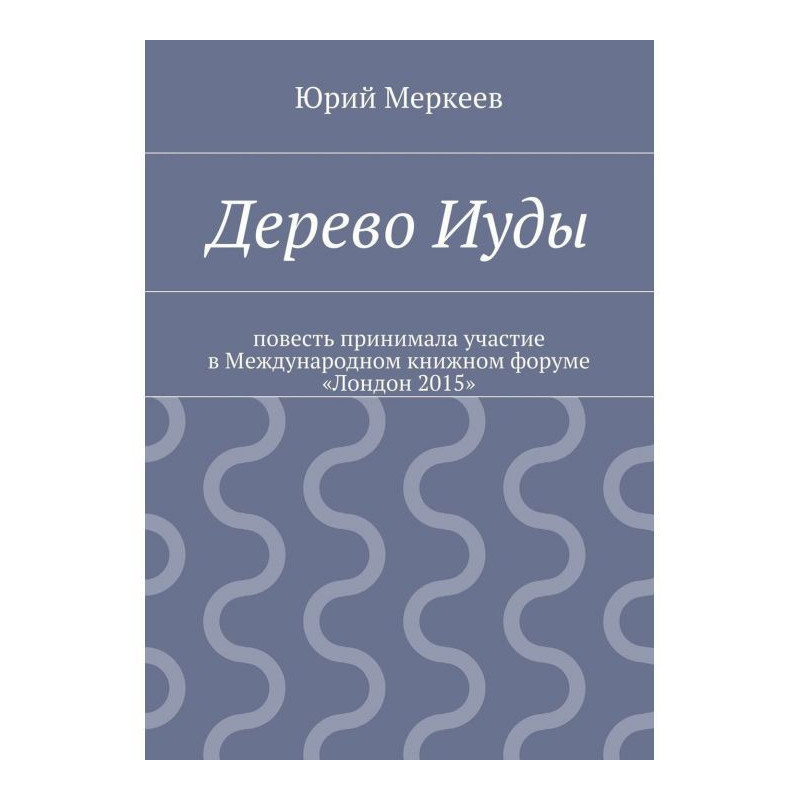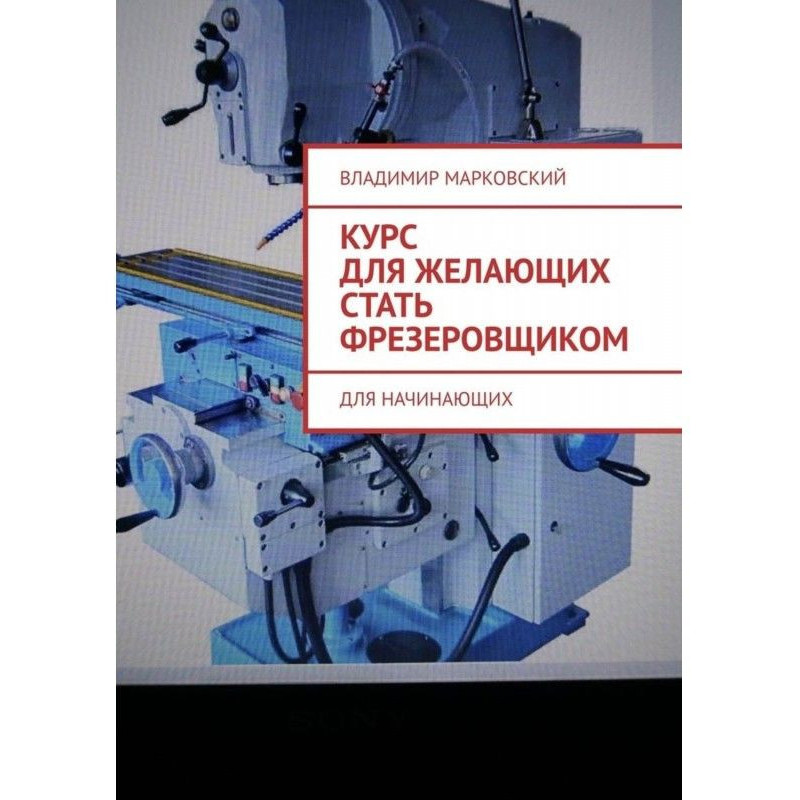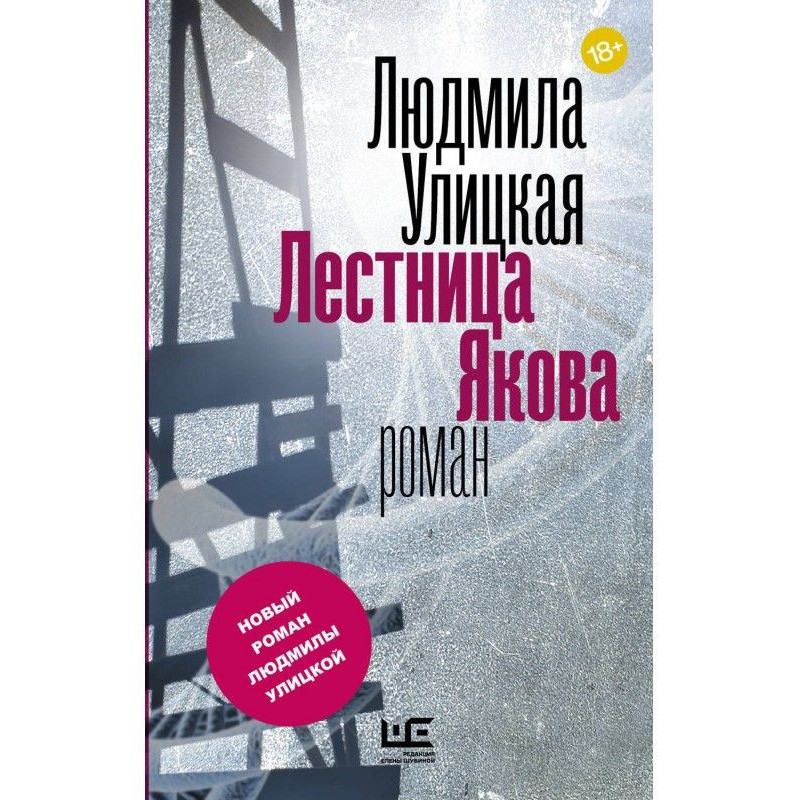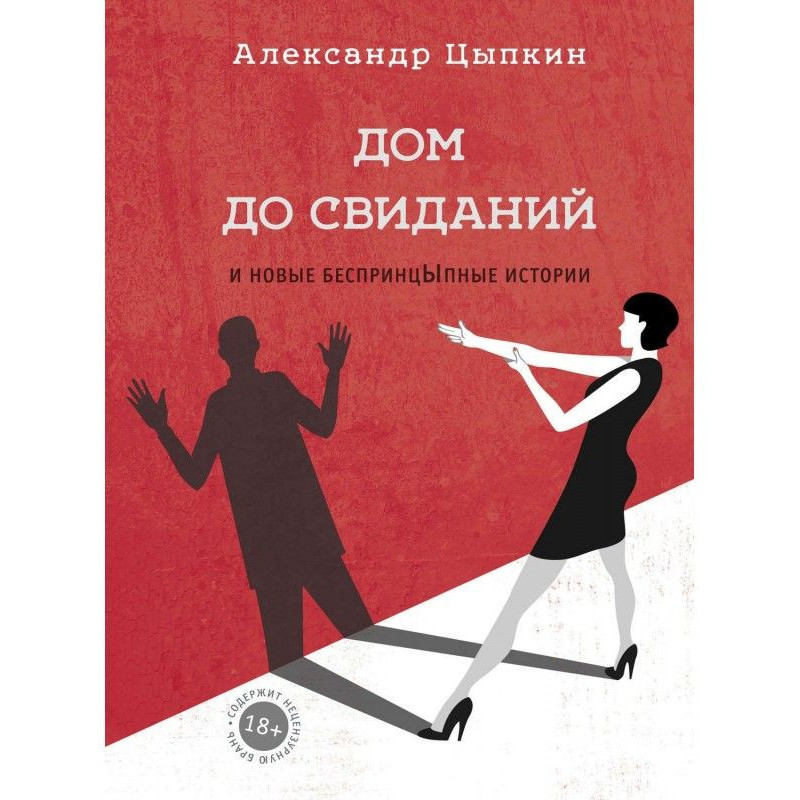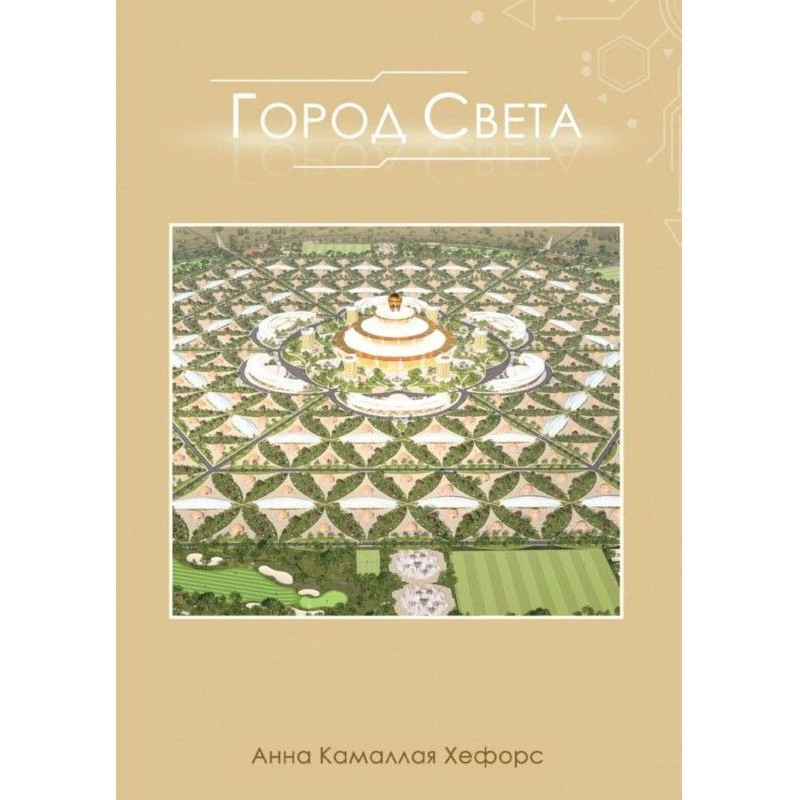The Stone Woman
 Instant download
Instant download
after payment (24/7)
 Wide range of formats
Wide range of formats
(for all gadgets)
 Full book
Full book
(including for Apple and Android)
Each year, when the weather in Istanbul becomes unbearable, the family of Iskender Pasha, a re-tired Ottoman notable, retires to its summer palace overlooking the Sea of Marmara. It is 1899 and the last great Islamic empire is in serious trouble. A former tutor poses a question which the family has been refusing to confront for almost a century: 'Your Ottoman Empire is like a drunken prostitute, neither knowing nor caring who will take her next. Do I exaggerate, Memed?' The history of Iskender Pasha's family mirrors the growing degeneration of the Empire they have served for the last five hundred years. This passionate story of masters and servants, school-teachers and painters, is marked by jealousies, vendettas and, with the decay of the Empire, a new generation which is deeply hostile to the half-truths and myths of the 'golden days.'The Stone Womanis the third novel of Tariq Ali's 'Islam Quartet'. Like its predecessorsShadows of the Pomegranate TreeandThe Book of Saladinits power lies both in the story-telling and the challenge it poses to stereotyped images of life under Islam.
Data sheet
- Name of the Author
- Тарик Али
- Language
- English
Reviews
Вражаюча історія про занепад імперії та людські долі
Книга "Кам'яна Баба" Таріка Алі - це справжній літературний шедевр, який занурює читача в атмосферу кінця 19 століття, коли Османська імперія переживає свої останні дні. Автор майстерно поєднує особисті історії родини Іскендер-паші з великими історичними подіями, що дозволяє читачеві відчути глибину занепаду імперії через призму людських емоцій та стосунків. Кожен персонаж, від панів до слуг, має свою унікальну історію, що відображає складність і суперечливість того часу. Тарік Алі не боїться ставити складні питання про ідентичність, моральність та історичну пам'ять, що робить цю книгу не лише захоплюючою, але й глибокою. Я рекомендую "Кам'яну Бабу" всім, хто цікавиться історією, культурою та людською природою, адже вона змушує замислитися про те, як минуле формує наше сьогодення.

